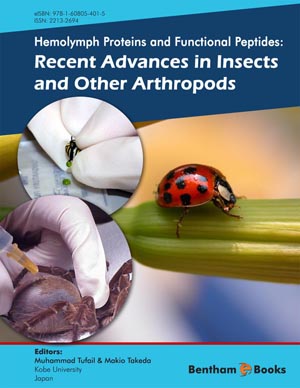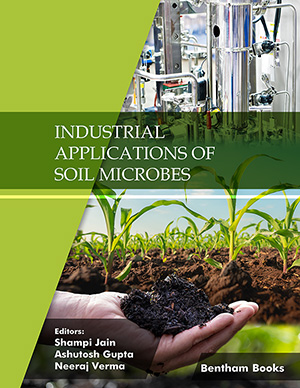Abstract
The results of recent investigations show that the systolic contractions of the insect heart, similarly to those of the human heart, are based on a purely myogenic principle. A number of compounds have been previously tested for cardiostimulating or inhibitory effects, using simple in vitro bioassays on insect hearts explanted into saline. Some three decades ago, when the regulation of the insect heart was expected to be neurogenic, the possibility of cardiostimulating action attracted the attention of workers searching for the possible biological roles of newly isolated and synthesized neuropeptides. The first reports on the positive cardiostimulating effect of insect neuropeptides involved proctolin and its synthetic derivatives. These peptides increased the rate of heartbeat of hearts explanted into saline in the American cockroach (Periplaneta americana) or in the mealworm (Tenebrio molitor). These in vitro effects were not specific to the peptides; they were also nonspecifically induced by a number of low molecular compounds (amino acids, monoamines). The reports on the cardiostimulating effects of proctolin were followed by similar reports of cardiostimulating activity of CCAP (Crustacean Cardioactive Peptide) and, especially, on the "most potent cardioactive peptide" corazonin, which was isolated from the brain of the cockroach. The "cardiostimulating" label became widely adopted to advertise the importance and prestige of what were otherwise marginally important, crude biochemical studies. A myth was created about the "potent cardiostimulating properties" of several structural types of neuropeptides prepared synthetically or isolated from the brain and corpora cardiaca of insects. More recently, the tentatively cardioactive properties of insect neuropeptides were carefully reinvestigated, using advanced electrocardiographic recording methods for the prolonged monitoring of heartbeat in the living body of Manduca sexta, P. americana, T. molitor and Drosophila melanogaster. It has been determined that the "cardioactive" insect neuropeptides, proctolin, CCAP, corazonin and presumably other neuropeptides as well, have no cardiostimulating property under physiological conditions.
Keywords: Dorsal vessel, myogenic heart, systolic contractions, insect electrocardiography, inactive neuropeptides, Proctolin, CCAP, Corazonin, Manduca sexta, Periplaneta americana, Tenebrio molitor, Drosophila melanogaster.






















